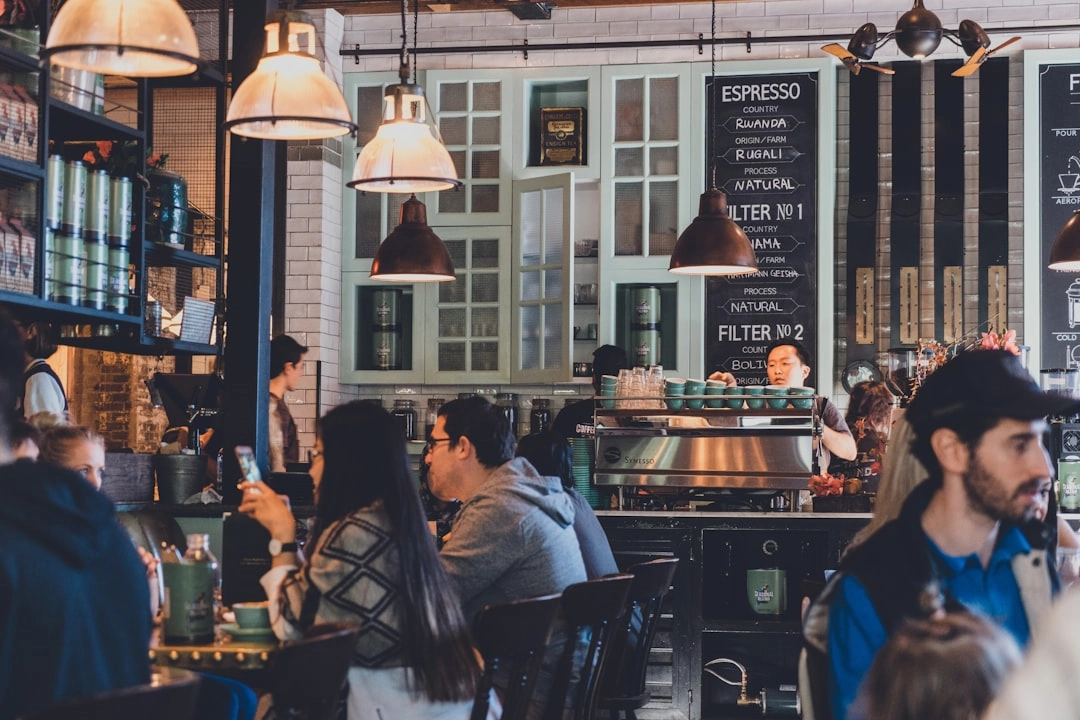
What it is:
Eco-conscious trends in coffee brewing refer to the sustainable practices and innovations that coffee lovers and producers adopt to minimize their environmental impact. These trends encompass various aspects, including sourcing, brewing methods, waste management, and packaging. As the global coffee industry recognizes its ecological footprint, initiatives such as organic farming, fair trade, and the use of eco-friendly brewing equipment have gained traction.
1. Sustainable Sourcing
Sustainable sourcing involves selecting coffee beans that are grown using environmentally friendly practices. This includes methods like shade-grown coffee, which preserves biodiversity and reduces deforestation, as well as organic farming that avoids harmful pesticides and fertilizers.
2. Eco-Friendly Brewing Equipment
Baristas and homebrewers are turning to eco-friendly brewing options, such as reusable filters, recyclable coffee pods, and energy-efficient machines. These choices help reduce single-use waste and energy consumption, making coffee brewing more sustainable.
3. Waste Reduction Strategies
Innovative waste management practices are also emerging in the coffee industry. Many cafes and roasters are implementing composting programs for coffee grounds and using biodegradable packaging to limit their environmental impact. Some even offer programs that allow customers to return used packaging for recycling.
Real-world problems
Despite the growing trend towards eco-conscious coffee brewing, several real-world challenges remain that hinder sustainability efforts in the industry.
1. Climate Change
Climate change poses a significant threat to coffee cultivation. Rising temperatures and unpredictable weather patterns can affect coffee yield and quality, putting pressure on farmers to adapt to new growing conditions.
2. Deforestation
The coffee industry’s demand for land leads to deforestation in many regions. As coffee plantations expand, forests are cleared, resulting in the loss of biodiversity and increased carbon emissions.
3. Economic Inequality
Although fair trade certifications aim to provide better prices for farmers, economic inequality remains a challenge. Many small-scale farmers still struggle to compete with larger producers and are often left out of the benefits of sustainable practices.
4. Consumer Awareness
While more coffee drinkers are becoming interested in sustainable practices, there is still a lack of awareness about the environmental impact of coffee production and brewing. Educating consumers on how their choices affect the planet is crucial for driving change.
5. Resource Management
Water usage in coffee farming and processing is a critical issue, particularly in regions experiencing water scarcity. Sustainable resource management is essential to ensure that coffee production does not contribute to further depletion of precious water resources.

Solutions to Eco-Conscious Trends in Coffee Brewing
To address the challenges associated with eco-conscious trends in coffee brewing, several practical solutions can be implemented at various levels, from farmers to consumers. These solutions focus on sustainable practices, collaboration, and education to create a more environmentally friendly coffee industry.
1. Promoting Sustainable Farming Practices
Encouraging farmers to adopt sustainable farming techniques, such as shade-grown coffee and organic cultivation, can significantly reduce the environmental impact of coffee production. Supporting local and small-scale farmers through fair trade initiatives is also essential in promoting economic equality.
2. Investing in Eco-Friendly Technology
Utilizing eco-friendly brewing equipment and practices, such as energy-efficient coffee makers and reusable filters, can help reduce waste and energy consumption. Coffee establishments can also invest in biodegradable packaging materials to minimize their ecological footprint.
3. Implementing Waste Reduction Strategies
Establishing composting programs for coffee grounds and recycling initiatives can help mitigate waste issues. Businesses can promote circular economy practices by encouraging customers to return used packaging for recycling or providing incentives for bringing reusable containers.
4. Raising Consumer Awareness
Education plays a critical role in promoting sustainable coffee consumption. Coffee shops and brands can inform customers about the benefits of eco-conscious choices and the impact of their purchasing habits, ultimately fostering a culture of sustainability among coffee lovers.
5. Collaborating for Resource Management
Collaboration between farmers, businesses, and consumers is essential to address resource management challenges. Educating all stakeholders about sustainable water usage and implementing efficient irrigation practices can help conserve water resources while maintaining coffee quality.















